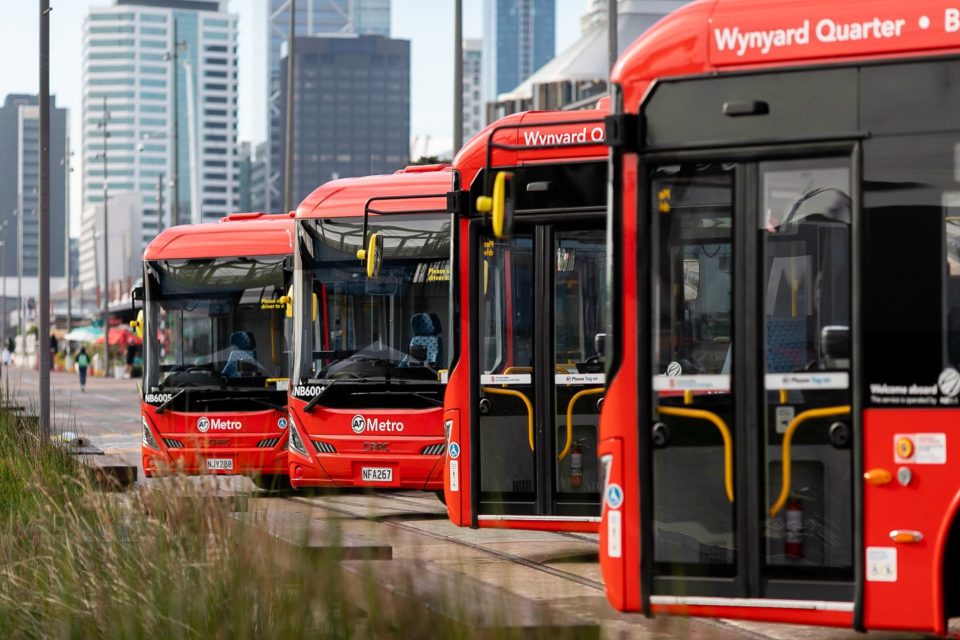Electric Autobus managing director Erich Livengood is expecting electric buses to become mainstream after the launch of Auckland’s 12 Citylinks (operated by NZ Bus) electric buses, and says this could happen a lot faster if bus companies weren’t required to make log-term investments in charging infrastructure.
LG Magazine.
Livengood, who partners with the Chinese company Zhejiang CRRC Electric Vehicle Company (CRRC) to customise urban buses, says there will soon be over 100 electric buses in service on council roads. EV technology has advanced significantly over the last few years, he says, the cost of batteries has come down, and electric buses are lighter than they used to be. His company has sold 12 new E-buses to NZ Bus, plus another 13 already in operation in Wellington, he says, and another 67 buses will be delivered later this year.
“While the purchase price of an electric bus is currently about a third higher than a diesel bus, the total cost of ownership of an electric bus is now comparable or lower than a diesel bus. And that’s not accounting for the public health benefits, lower emissions and noise reduction in busy city streets.”
Livengood says changes to contracting bus services over the last several years to make bus contracts competitive has created a barrier to electric bus uptake. Bus companies are now asked to make long term investments in infrastructure that they wouldn’t be able to use if they lost a contract.
Charging infrastructure is very expensive, has long lead times and requires specialist skills, he adds. “Some high dollar charging infrastructure, such as transformers will last for 30 years but bus operator contracts may only be for seven to nine years.
“So, not only do they have to take the risk of developing the infrastructure, but they need to then write down their investment quickly in that infrastructure in case they lose the bus operation contract.
“In China and other countries where the uptake of electric buses is high, the charging infrastructure is being independently built and managed by specialist power suppliers.”



